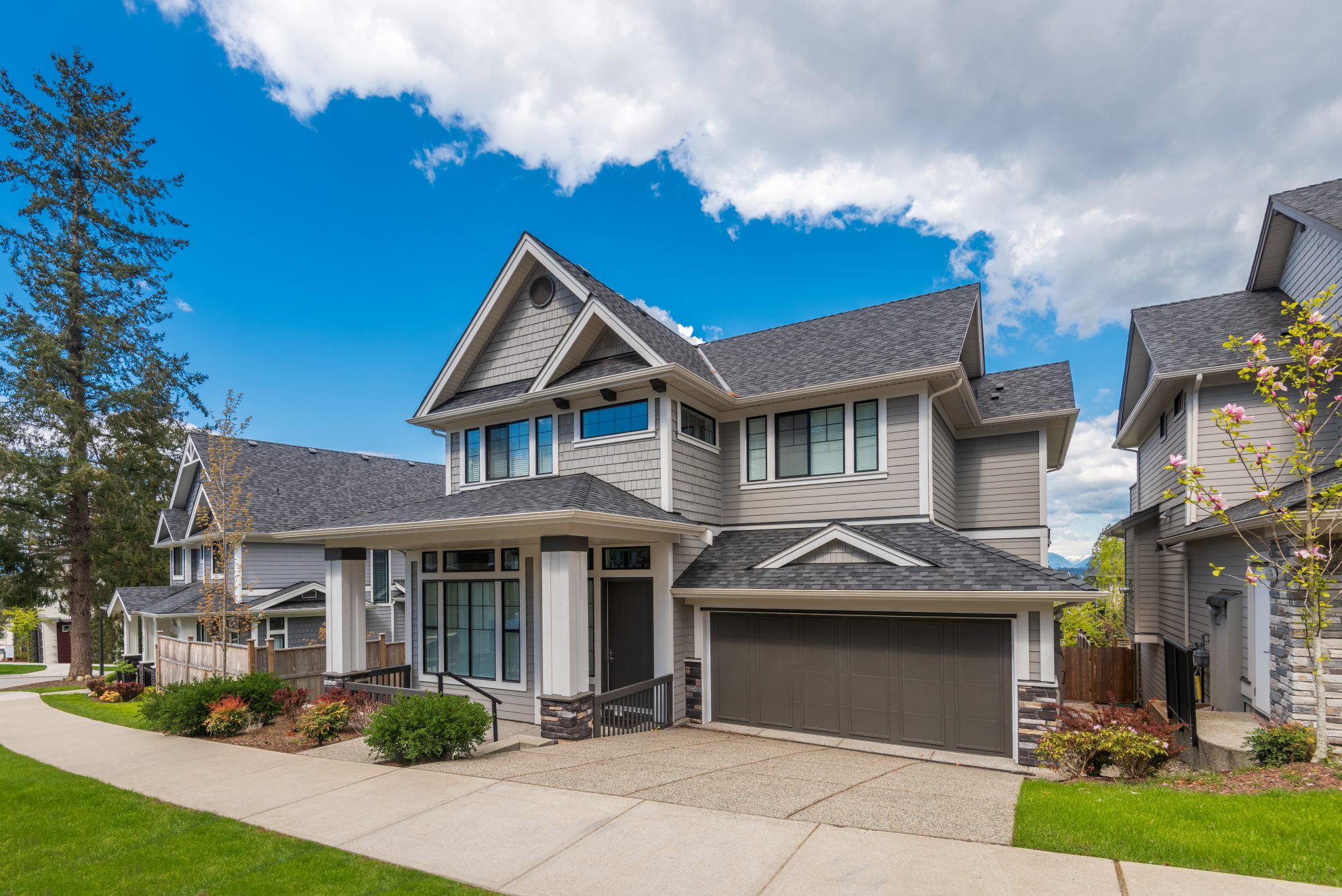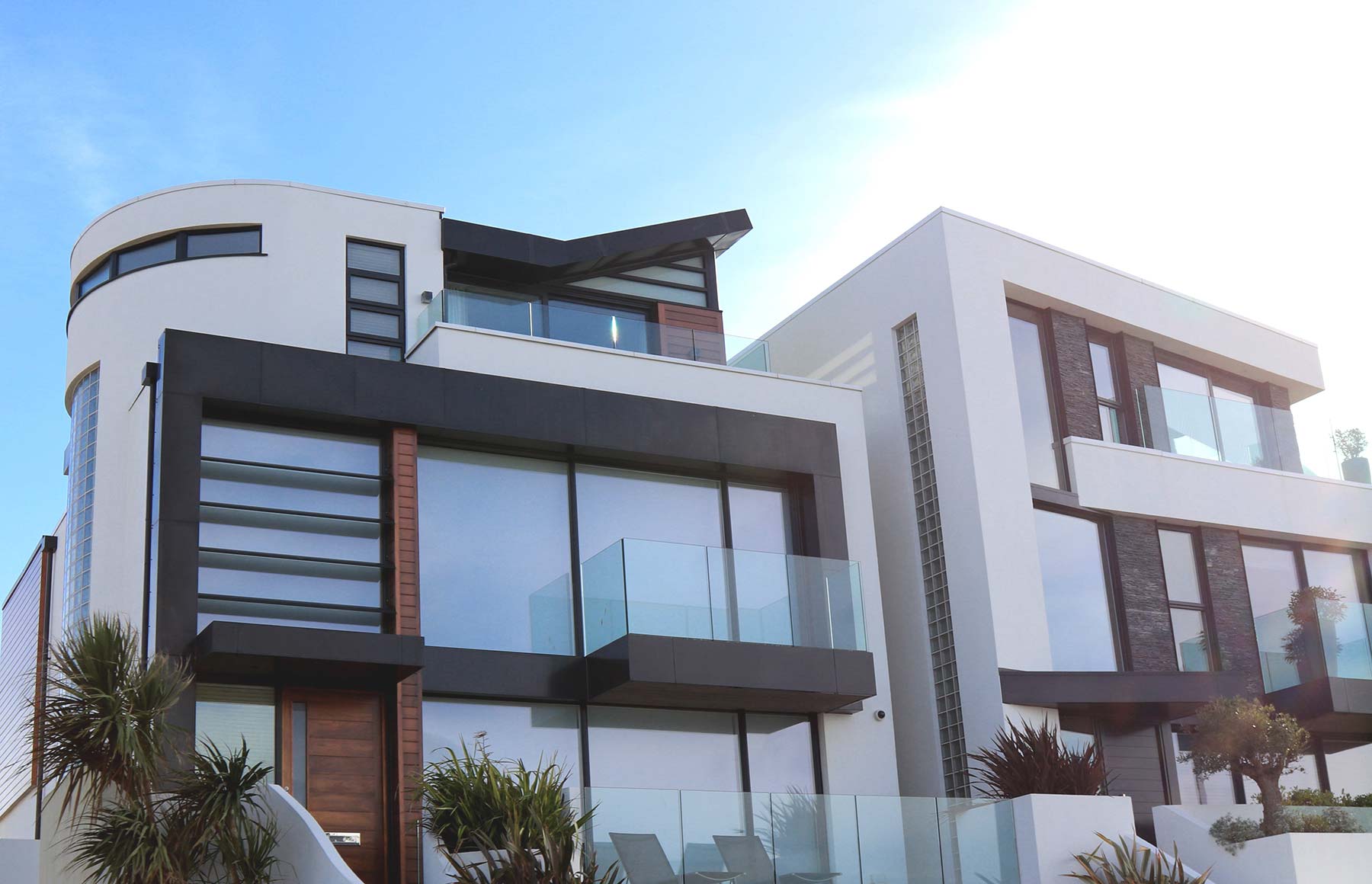As a first-time homebuyer, you may be wondering how much you should put down as a down payment for your home loan. The down payment is the initial amount of money you pay upfront when purchasing a home, and it affects your monthly mortgage payments. In this article, I will discuss the pros and cons of putting more money upfront and provide tips for saving for your down payment.
Introduction to Home Loan Down Payment
To purchase a home, you’ll need to make a down payment – a substantial upfront payment on the total cost. The size of that payment affects your monthly mortgage payments and the total cost of the loan. Typically, it’s a percentage of the home’s cost, with a range of 3-20%. It’s a big investment, but understanding this process paves the way to securing your dream home.
Pros of Putting More Money Upfront
Increasing the amount of money you put down on your mortgage has numerous benefits. Let’s take a closer look at three significant advantages.
First, putting down more money gives you the power to secure a lower interest rate from lenders. A lower interest rate means you’ll be able to keep more of your hard-earned cash over the life of your loan.
Second, a higher down payment can help you avoid pesky mortgage insurance. This insurance protects the lender if you default on your mortgage, but is usually only required if you put down less than 20% of the purchase price. Skipping it can free up hundreds of dollars in monthly payments.
Last but not least, putting more money down on your new home can indicate to your lender that you’re a low-risk borrower. In turn, this can reduce your monthly mortgage payments and allow for more flexibility in your budget. So consider putting down a little extra cash at the outset to help maximize the benefits of your mortgage.
Cons of Putting More Money Upfront
A larger down payment for a home has notable advantages, but let’s pause and look at the bigger picture. There are also some downsides to consider before jumping into a larger down payment.
First, having a large upfront payment can make it difficult to save. Sometimes it can take years to save up enough money for a big down payment, especially if you’re already paying rent and other expenses. This big saving goal can also delay plans to purchase a home.
Second, pouring more money into a down payment can make you less liquid. This means having less cash available for other expenses, like emergencies or investments. If you lock that money down, it limits your financial flexibility and increases your financial risk.
Third, sometimes a massive down payment isn’t always the best financial choice. For example, if you have high-interest debt such as credit card debt, it may be better to pay off that debt before starting on a larger down payment. It’s also wise to investigate if you can invest that money elsewhere where you can earn a higher return than the interest rate on your mortgage.
So before making a down payment, take a step back and look at the bigger picture. Explore all your options and choose the best one for your situation.
How Down Payment Affects Monthly Mortgage Payments
Your monthly mortgage payments are influenced by your down payment in multiple ways. Firstly, a larger down payment will result in lower monthly mortgage payments since your loan amount will be smaller, leading to less interest to pay over the life of your loan. Secondly, your interest rate is also affected by your down payment. Lenders generally offer lower interest rates to borrowers with larger down payments, which can potentially save you thousands of dollars throughout the life of your loan. Finally, your mortgage insurance is also influenced by your down payment. If you put down less than 20% of the purchase price, you will likely have to pay mortgage insurance, which can add hundreds of dollars to your monthly mortgage payments. Therefore, avoiding it can save you a considerable amount of money.
Down Payment Requirements from Lenders
Each lender has their own down payment requirements, but most require a down payment of at least 3% to 5% of the purchase price. However, some lenders may require a larger down payment, especially if you have a lower credit score or a high debt-to-income ratio.
It is important to shop around and compare down payment requirements from different lenders to find the best option for you. Be sure to also consider the interest rate, mortgage insurance, and other fees when comparing lenders.
Tips for Saving for a Down Payment
Saving for a down payment can be a daunting task, but there are ways to achieve your goal faster. Initially, you need to create a budget and adhere to it. Identify areas where you can cut back on expenses like dining out or entertainment, and redirect that money towards your down payment savings.
Next, automate your savings by setting up automatic transfers from your checking account to your savings account every month. This will ensure consistent savings and prevent you from spending the money elsewhere.
Lastly, consider getting a second job or starting a side hustle to earn extra income. The additional money can be directed towards your down payment savings.
Alternatives to a Large Down Payment
If you’re unable to save up for a large down payment, there are still a few other options you can explore. Firstly, certain down payment assistance programs are available for first-time homebuyers who meet specific income and credit criteria. These programs provide financial aid to qualified individuals.
Another option is to negotiate with the seller to take care of some of your closing expenses or even your down payment. This is called seller concessions and can help you minimize the money you have to pay upfront.
If you’re struggling to come up with a sizable down payment for your mortgage, it could be worth exploring a low down payment option like an FHA loan. These types of loans typically only require a down payment as low as 3.5% of the purchase price, which can make them a viable solution for those who can’t afford a larger down payment.
Understanding Mortgage Insurance
Mortgage insurance is an insurance type that safeguards the lender in case of loan default. If you pay less than 20% of the purchase price as a down payment, you will need to pay mortgage insurance. There are two types of mortgage insurance: private mortgage insurance (PMI) and government mortgage insurance. PMI is for conventional loans, while government mortgage insurance is for FHA loans and other government-backed loans.
It is crucial to comprehend the cost of mortgage insurance and how it influences your monthly mortgage payments. When calculating how much you can afford to pay every month, make sure to consider this expense.
Comparison of Different Down Payment Scenarios
To illustrate the impact of different down payment scenarios, let’s consider an example. Suppose you are purchasing a $300,000 home and have the following down payment options:
5% down payment ($15,000)
10% down payment ($30,000)
20% down payment ($60,000)
Assuming a 30-year fixed-rate mortgage with an interest rate of 4%, here’s how the different down payment scenarios would affect your monthly mortgage payments:
5% down payment: $1,432 per month
10% down payment: $1,352 per month
20% down payment: $1,144 per month
As you can see, putting more money upfront as a down payment can significantly reduce your monthly mortgage payments.
Conclusion
In summary, the down payment you make towards your home loan can significantly impact your monthly mortgage payments and the overall cost of your loan. Although making a larger down payment has its merits, it might not always be the ideal financial choice based on your unique situation. Therefore, it’s crucial to consider your financial objectives, budget, and savings targets when deciding how much to put down. You should also explore various lenders and down payment support programs to discover the best alternative for you. Through careful planning and preparation, you can reach your goal of owning a home and enjoy the perks that come with it.









